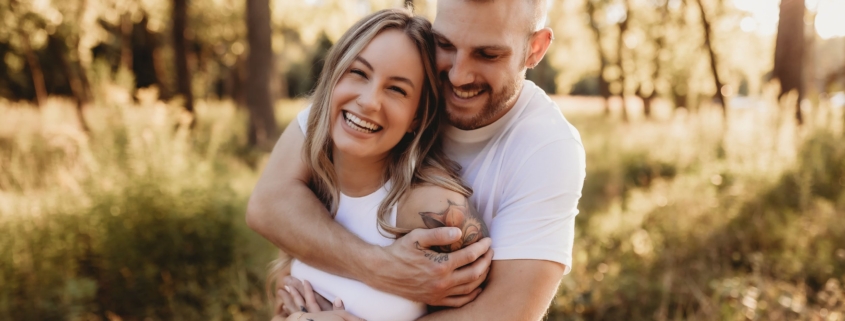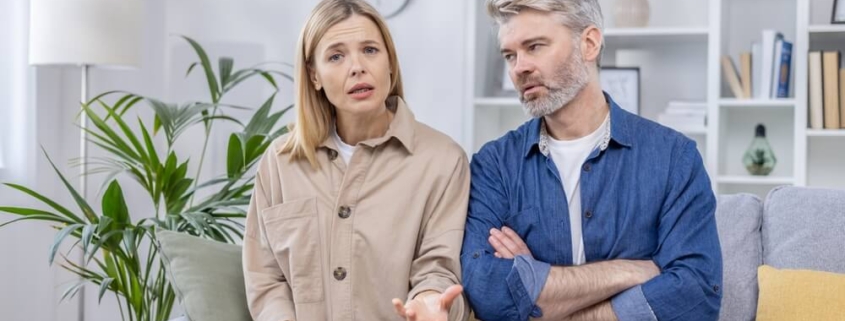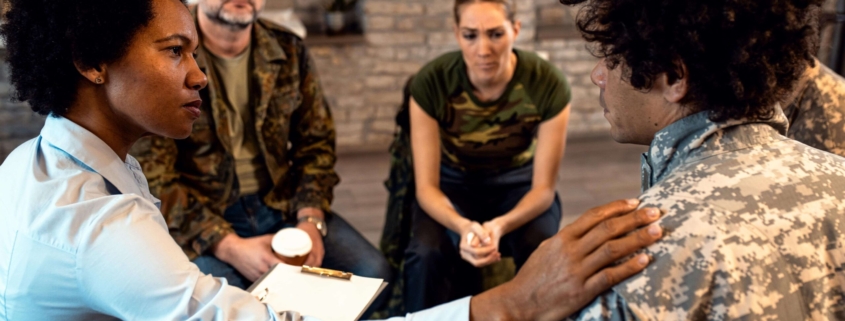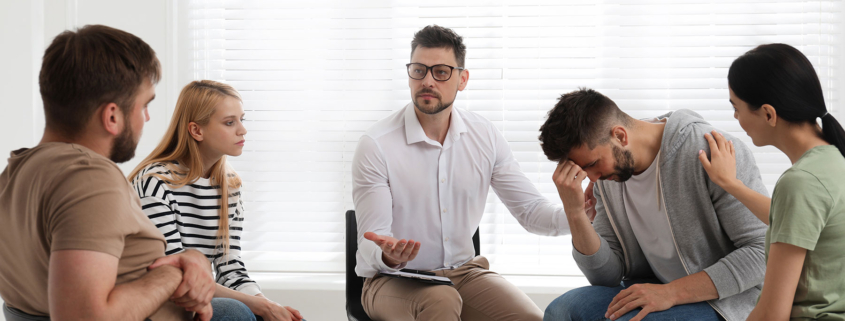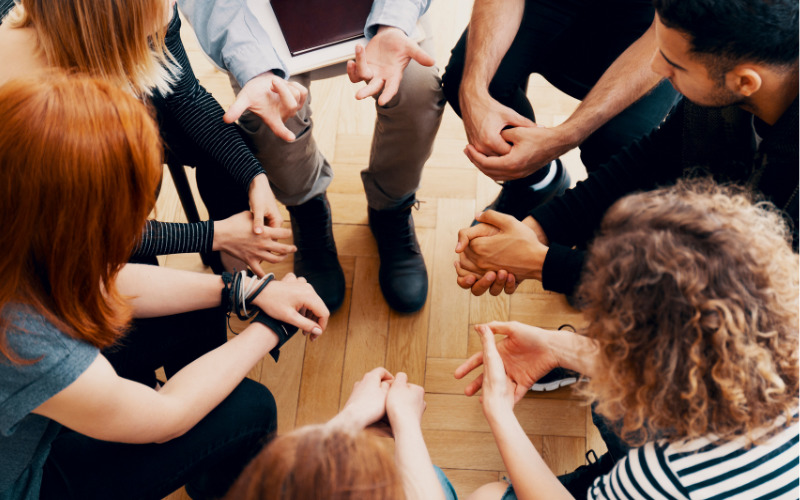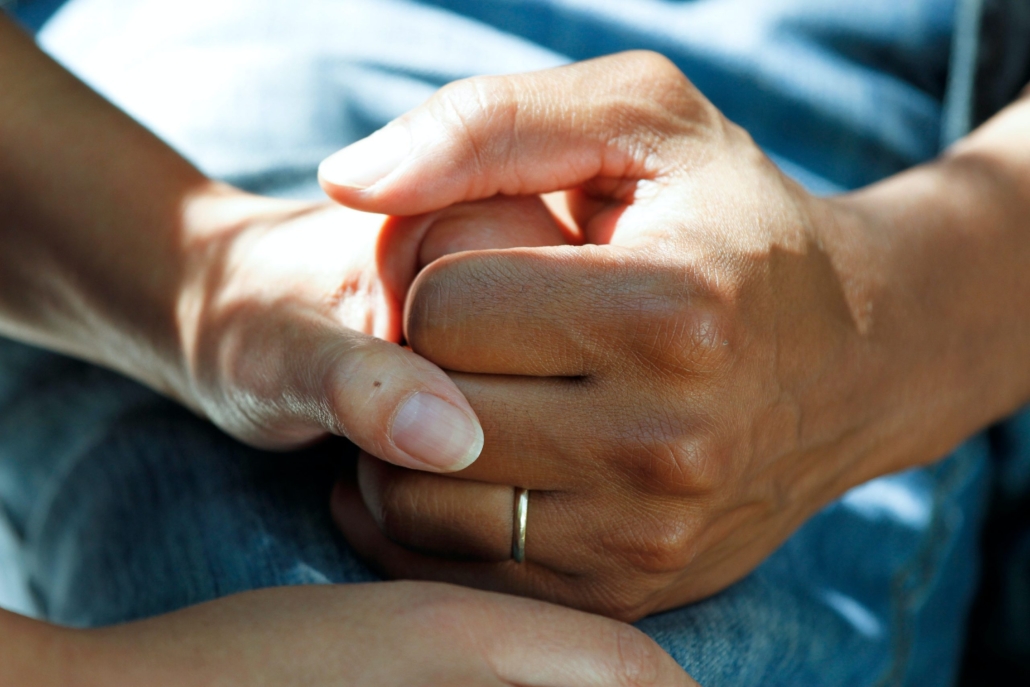When facing addiction, the journey to recovery can feel overwhelming, especially if you and your partner are both struggling. Enter Couples Rehab in Orange County—a specialized facility committed to transforming not only individuals but also relationships. By offering unique therapies and treatment plans tailored for couples, Couples Rehab guides you and your partner through a healing process that strengthens bonds and restores a sense of unity. This article explores how Couples Rehab in Orange County can reshape your relationship, providing the support, skills, and foundation for a healthier future.
The Importance of Couples Rehab for Lasting Recovery
Many rehab facilities focus solely on the individual, but Couples Rehab in Orange County takes a different approach. By addressing addiction as a shared issue, couples rehab allows both partners to heal simultaneously, enhancing accountability, communication, and support. In Orange County, Couples Rehab provides a secure, nurturing environment where you and your partner can work through past challenges, discover new coping mechanisms, and foster a shared vision for a drug-free future.
Benefits of Choosing Couples Rehab
- Improved Communication: Therapy sessions encourage open communication, helping couples to express their feelings without judgment.
- Enhanced Trust: Addiction often damages trust. Couples Rehab offers exercises that help rebuild a sense of security.
- Mutual Accountability: Going through recovery together increases mutual accountability, making relapse prevention a shared responsibility.
- Rekindling Romance: Couples who recover together often experience a rekindling of love, intimacy, and companionship.
Comprehensive Services at Couples Rehab in Orange County
Couples Rehab in Orange County offers a suite of services designed to meet the specific needs of couples. By tailoring programs to address the nuances of addiction within a relationship, the facility ensures that you and your partner receive personalized care to support your journey to recovery.
Individualized Treatment Plans
Each couple is unique, and so is each recovery journey. Couples Rehab in Orange County provides individualized treatment plans based on the specific needs of both partners. This holistic approach ensures that treatment addresses personal histories, emotional triggers, and relationship dynamics, allowing for comprehensive healing.
Couples Therapy
In the structured and compassionate setting of Couples Therapy, partners can discuss their experiences, fears, and hopes. This therapy fosters a deeper understanding of each other’s needs, making recovery smoother and more fulfilling. Couples Rehab therapists in Orange County are trained in methods that address addiction’s impact on relationships, providing tools to improve communication, rebuild trust, and strengthen emotional bonds.
Dual Diagnosis Treatment
When addiction is accompanied by mental health issues like depression or anxiety, it requires specialized care. Couples Rehab in Orange County offers dual diagnosis treatment to tackle addiction and mental health simultaneously, ensuring that both you and your partner receive a well-rounded approach to your recovery.
Family Therapy
Addiction often affects more than just the individuals—it impacts entire families. Family therapy sessions at Couples Rehab help you and your partner understand how your struggles have affected loved ones, providing a space for forgiveness, understanding, and rebuilding family connections.
Relapse Prevention and Aftercare
Relapse prevention is a critical part of recovery, and Couples Rehab in Orange County focuses on creating a sustainable recovery plan. Through aftercare programs, you and your partner will gain tools and strategies for handling triggers, managing stress, and navigating life post-rehab.

How Couples Rehab in Orange County Transforms Relationships
The journey through Couples Rehab offers more than just sobriety; it fosters a deeper connection and equips couples with skills to maintain a supportive, healthy relationship beyond rehab. By focusing on trust, communication, and understanding, Couples Rehab helps couples create a renewed foundation for their lives together.
Building Trust Through Shared Recovery
Trust is a foundation of any relationship, yet addiction can erode it over time. Couples Rehab in Orange County helps couples rebuild trust through honesty, accountability, and transparency exercises. As both partners work through their issues together, they can rediscover what it means to rely on one another in a healthier, more supportive way.
Learning Effective Communication Skills
One of the significant challenges couples face during addiction recovery is effective communication. Couples Rehab provides tools and therapy sessions to foster open dialogue. Through these exercises, partners learn to listen empathetically, express their needs, and handle disagreements constructively—skills that become invaluable in sustaining a long-lasting, healthy relationship.
Strengthening Emotional Intimacy
Addiction often disrupts emotional intimacy. Couples Rehab in Orange County offers therapies that reignite feelings of closeness and emotional intimacy. These sessions allow couples to rediscover the positive aspects of their relationship, rekindling a deeper emotional bond that strengthens their commitment to each other and their sobriety journey.
FAQ Section: Couples Rehab in Orange County
1. What is Couples Rehab?
Couples Rehab is a specialized form of addiction treatment for couples struggling with substance use, helping them recover together in a supportive environment.
2. How Does Couples Therapy Help in Rehab?
Couples therapy focuses on improving communication, trust, and emotional intimacy, which are often impacted by addiction, helping both partners support each other through recovery.
3. What Services Are Offered at Couples Rehab in Orange County?
Services include individual and couples therapy, dual diagnosis treatment, family therapy, and relapse prevention, all customized to each couple’s unique needs.
4. Can We Attend Couples Rehab If Only One Partner Has an Addiction?
Yes, Couples Rehab can provide support even if only one partner has an addiction, helping both partners understand the role they play in recovery and create a healthier relationship dynamic.
5. Is Dual Diagnosis Treatment Available at Couples Rehab in Orange County?
Yes, Couples Rehab offers dual diagnosis treatment to address mental health conditions like depression and anxiety alongside addiction recovery.
6. How Long Does a Typical Program Last at Couples Rehab?
The duration varies based on each couple’s needs, typically ranging from 30 to 90 days, with options for extended aftercare.
7. Can Couples Rehab in Orange County Help Prevent Relapse?
Yes, relapse prevention is a core component, with therapy focused on coping strategies, trigger management, and developing a shared support system.
8. What Role Does Family Therapy Play in Couples Rehab?
Family therapy involves loved ones in the recovery process, allowing for healing and reconnection with family members affected by the couple’s addiction.
9. How Is Privacy Maintained During Treatment?
Couples Rehab in Orange County prioritizes client confidentiality, ensuring all therapy sessions and personal information remain private.
10. What Should We Expect from Aftercare at Couples Rehab?
Aftercare programs offer ongoing support, therapy, and tools to help couples maintain sobriety, manage stress, and continue fostering a healthy relationship post-rehab.
Why Choose Couples Rehab in Orange County?
Selecting Couples Rehab in Orange County offers you and your partner a unique opportunity to heal and grow together. Situated in a serene setting that fosters calmness and clarity, the facility combines expert therapy, compassionate care, and innovative techniques to address addiction’s impact on relationships. Couples Rehab is committed to providing a safe, nurturing environment where you can rediscover yourselves and each other without the distractions and pressures of daily life.
Holistic and Personalized Approach
The staff at Couples Rehab in Orange County understands that each relationship is unique. They design treatment plans tailored to the specific needs and dynamics of each couple, ensuring a comprehensive approach to recovery. This focus on personalization helps couples gain insights into their unique strengths, weaknesses, and shared goals.
A Focus on Long-Term Success
Rehabilitation is more than just overcoming addiction; it’s about equipping couples with skills and strategies for a lifetime of success. Couples Rehab in Orange County places a strong emphasis on relapse prevention and long-term recovery, giving you and your partner the tools needed to handle life’s challenges without relying on substances.
The Power of Community and Support
One of the essential components of recovery is the support system that comes with it. Couples Rehab in Orange County offers a community where couples can interact with others going through similar experiences. This supportive environment enables you and your partner to share, learn, and grow in a safe space where you feel understood and supported.
Conclusion: Transform Your Relationship and Life with Couples Rehab in Orange County
Choosing Couples Rehab in Orange County is a powerful step towards transforming your relationship and life. Addiction challenges both individuals and partnerships, but with the right support, healing, and commitment, couples can emerge stronger, closer, and more resilient. Through a combination of specialized therapy, individualized treatment, and a community-centered approach, Contact Couples Rehab today to empower you and your partner to reclaim your lives together. By investing in your recovery at Couples Rehab, you’re investing in a brighter, healthier, and happier future for you both.

